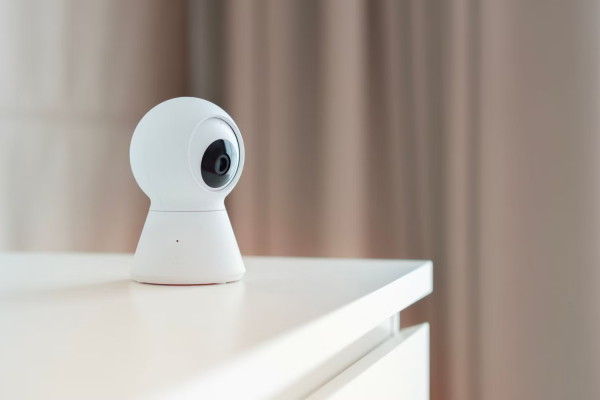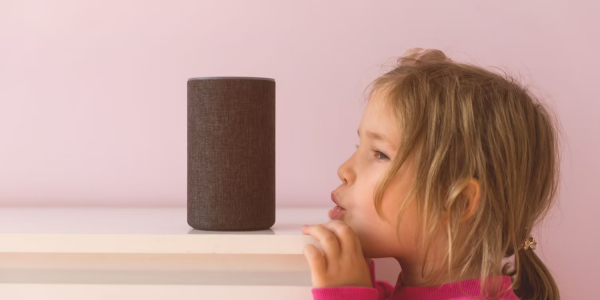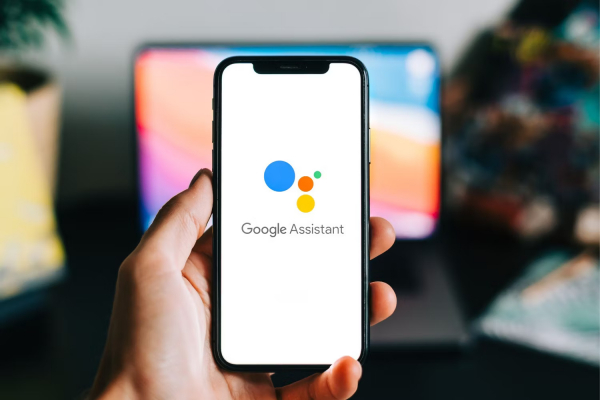6 Important Considerations Before Choosing a Smart Home Platform
A smart home platform allows you to control and manage devices from a single control panel. Currently, there are many smart home platforms, including Amazon Alexa, Google Home, Samsung SmartThings, Apple Home (HomeKit), and the open-source Home Assistant.
With so many options available, how do you know which smart home platform will work best for you? Here are some key factors to consider when choosing a platform to manage your smart home devices!
1. How compatible is the smart home platform with existing devices?
First, consider your existing devices. In particular, your smartphone will help narrow down your options. While most other platforms allow cross-compatibility, Apple HomeKit is not available on Android phones, and Android users in your household will not be able to use this platform.

Additionally, take into account the smart home devices already in your home. If you already have one (or several) smart devices from a manufacturer like Google or Amazon, it will be much easier to start with the corresponding platform.
2. Does the platform offer ease of use and convenience?
Ease of use and convenience are major reasons for setting up a smart home. Smart home platforms offer varying levels of complexity that you may or may not feel comfortable with.

For example, Home Assistant offers extensive customization but can be overly complex for non-technical users. Other platforms do not allow for advanced customization, but they provide an intuitive and user-friendly interface to support the setup and management of a smart home.
3. Assess the cost of the smart home platform.
While cost may not be the deciding factor when choosing a smart home platform, it is wise to consider the amount you will invest in the platform. Google and Amazon platforms are completely free to use, and purchasing a Google Nest Hub or an Amazon Echo smart speaker is optional. Other platforms require the purchase of a hub or a monthly subscription to access full functionality.
For a basic smart home setup, you’ll find that the free options can still meet many needs. Additionally, unless you are deeply invested in the Apple ecosystem, you may want to use other platforms as their smart hubs (HomePod and Apple TV) are the most expensive on the market.
4. What is your preferred voice assistant?
Choosing a smart home platform will be easier if you already have a preferred voice assistant. You might prefer the flexibility of Google Assistant, love Alexa's dad jokes, or find Siri's failed attempts at voice recognition endearing.

Samsung SmartThings can work with both Google Assistant and Alexa, while the Home Assistant platform has a voice assistant named Assist that can be installed on both Apple and Android devices.
5. Is the smart home platform being actively developed?
If you plan to invest time and money into a smart home, you need reasonable assurance that the company will operate for the long term and won’t suddenly cease operations, leaving you to scramble for alternatives.
Although you cannot predict which platform will last the longest, there are some signs to look for. For instance, Google has a knack for retiring products early, and Siri is less developed compared to other products. However, Amazon seems to be a reliable choice in the industry, and the open-source Home Assistant often brings sustainable strength to the project. Make sure to consider all these aspects in conjunction with other factors before deciding on a smart home platform.
6. Consider the additional features offered by the smart home platform.
Lastly, consider the additional features supported by the smart home platform. How many smart devices are compatible with this platform? How many integrations are supported? Can complex automations be created? Is it easy to extend the default features provided by the platform? Does it offer local control capabilities, or is the smart home entirely dependent on an internet connection? You may only require a few of these features, but a smart home platform that encompasses all of them will serve you well for many years.
If you've been following the smart home field for a while, you’ve probably heard of the Matter standard. It’s a unified standard by Samsung, Amazon, Google, and Apple that allows smart home devices from different manufacturers to communicate with each other. Matter is not perfect and still has a long way to go. However, once mature, you will be able to control a wide range of Matter-compatible devices with any smart home platform you choose.
